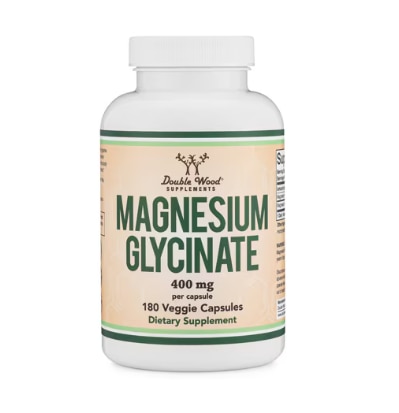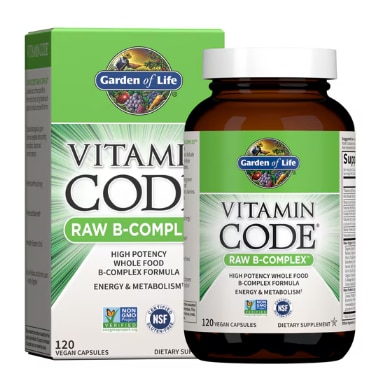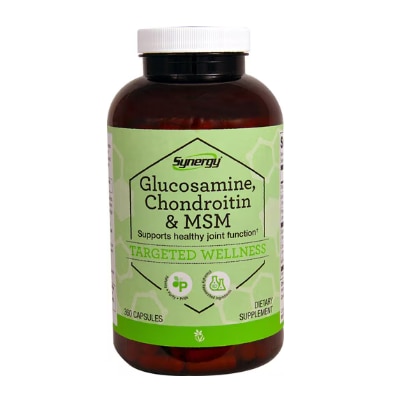Americans love to take multivitamins.
About 57% of Americans take a dietary supplement in any given 30-day period, and multivitamin-mineral supplements are the most popular type, according to the Centers for Disease Control and Prevention.
Proponents believe that multivitamins can make up for gaps in nutrition, and possibly even boost overall health, although some studies have cast doubt on such claims.
If you take vitamins regularly for a long period, there is a good chance that at some point you will find that your vitamins have expired. If and when this happens, can you take expired vitamins and still remain safe?
“In the vast majority of cases, expired vitamins are perfectly safe, just less effective,” says Dr. Eileen Wang, a Menopause Society certified practitioner for Modern Menopause who is licensed in the Canadian provinces of Quebec and Ontario.
Are expired vitamins safe?
Vitamins tend to expire because the specific chemical compounds in them break down over time, especially when they are exposed to light and temperature swings, Wang says.
However, that does not necessarily make them dangerous.
“You’ll want to research the specific vitamins in question to know if and how long you can take them after expiration,” Wang says.
Dr. Asim Cheema — an internal medicine and cardiology physician and director, structural heart at Southlake Regional Health Centre in Newmarket, Ontario — agrees that taking expired vitamins is “unlikely to cause serious harm in most cases.”
However, he says that a few potential dangers may be present in some cases.
The first risk is that as the vitamin compound degrades, new and unknown chemical compounds may develop in the process. “The effects of those compounds on the human body are not well-studied,” Cheema says.
Expired vitamins also are at a greater risk of developing microorganisms, including bacteria and mold. “These organisms have the potential to enter the body when consumed,” Cheema says.
How to keep your vitamins safe
Just like foods and medications, vitamins have a limited lifespan.
“Vitamins’ effectiveness will be lost over time as the active ingredients degrade,” Cheema says.
Some of the factors that can damage vitamins include:
- Heat
- Light
- Moisture
- Oxygen
Fat-soluble vitamins such as A and E are especially sensitive to light and oxygen.
Water-soluble vitamins such as B and C may degrade at different rates depending on the conditions under which they are stored. For example, vitamin C is sensitive to heat, light and oxygen, as well as storage temperature and the length of time it is stored.
Research has also found that solid vitamins tend to last longer than liquid supplements.
If you take an expired vitamin, you might not get the amount of nutrient that you expect, Cheema says.
“This loss of potency can contribute to nutritional deficiencies, particularly if the vitamins are being taken for a particular reason, such as maintaining bone density or providing energy,” he says.
Fortunately, many vitamins come in original packaging that has features designed to protect the contents, Cheema says. These include airtight seals, moisture-absorbing materials and light-blocking materials.
Cheema recommends keeping bottles tightly closed and in a location away from heat and moisture.
“Avoid transferring vitamins to a clear container, as light will reduce potency,” he says. “A cool, dark cabinet or a bedroom drawer work better than a bathroom or kitchen cabinet.”
Cheema also reminds you that if you have children, you should keep medications and supplements in something lockable.
Wang says protecting vitamins from light and temperature swings is especially important in maintaining maximum effectiveness.
“Storing your vitamins in their original packaging — ideally sealed — in a cool, dark area will maximize their shelf life,” she says.
Disposing of expired vitamins
Unfortunately, it is not always easy to know whether vitamins have expired. The Food and Drug Administration does not require vitamin manufacturers to include expiration dates on product packaging.
On the other hand, many manufacturers do include this information. So, shop carefully when you buy vitamins.
Cheema adds that you should be aware of the difference between a vitamin’s “use by” and “expiration” dates.
“A ‘use by’ date often refers to the last date of peak quality, while an ‘expiration date’ is the final date the product should be used,” he says. “Understanding this difference can help guide your decision-making when it comes to taking or disposing of expired vitamins.”
Signs that indicate a vitamin should be tossed include:
- Dull coloring, cracks and other textural changes
- A foul smell
- Color changes or bubbles in liquid vitamins
Although expired vitamins are unlikely to cause you harm, it is a good idea to dispose of them once they reach their expiration date.
Avoid simply throwing such vitamins into the trash.
“Discarding expired vitamins directly into the trash is not a good option, since it may contaminate the environment or be ingested accidentally by children or pets,” Cheema says.
Wang notes that many communities offer take-back programs where you can safely get rid of your expired vitamins. You will often find these at police stations and pharmacies.
“Don’t flush vitamins, as they contribute to trace minerals in the waste water,” Wang says.
If you absolutely must throw vitamins into the trash, experts typically recommend mixing them with an unpalatable substance, such as dirt, coffee ground or cat litter. That will discourage anyone from eating them.
Then, place the mixture into a sealed container or bag before throwing it into the trash.




